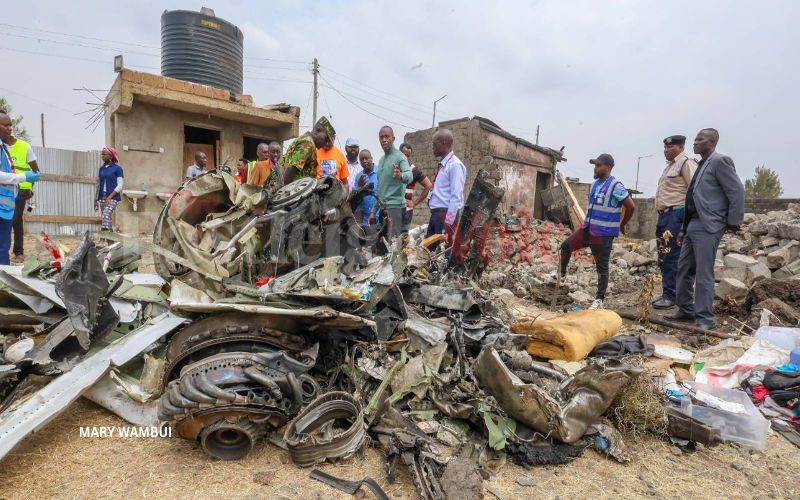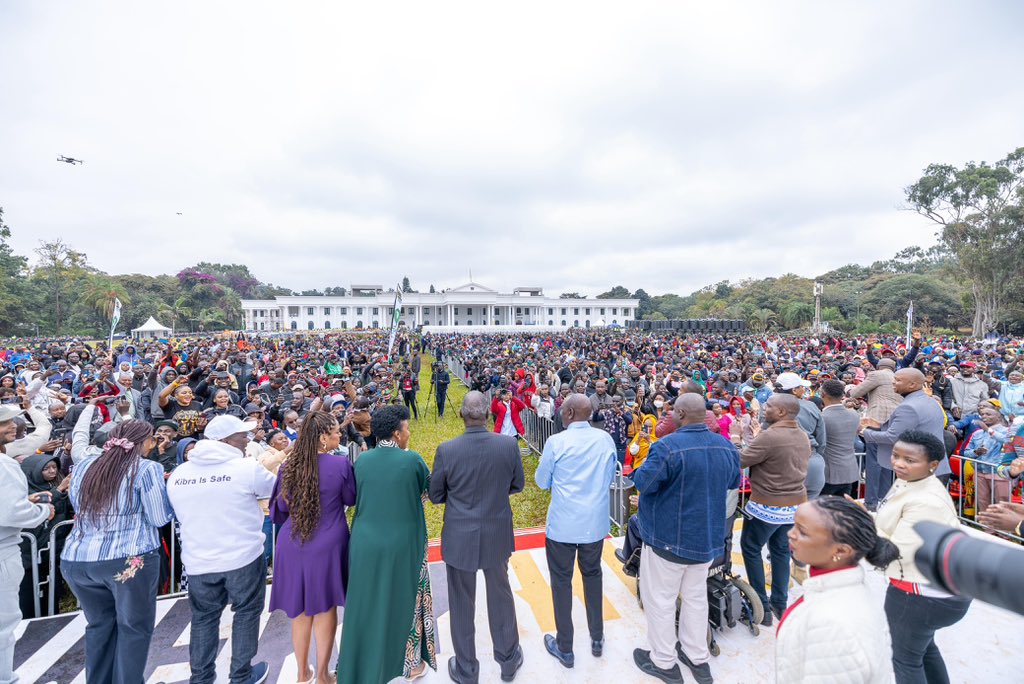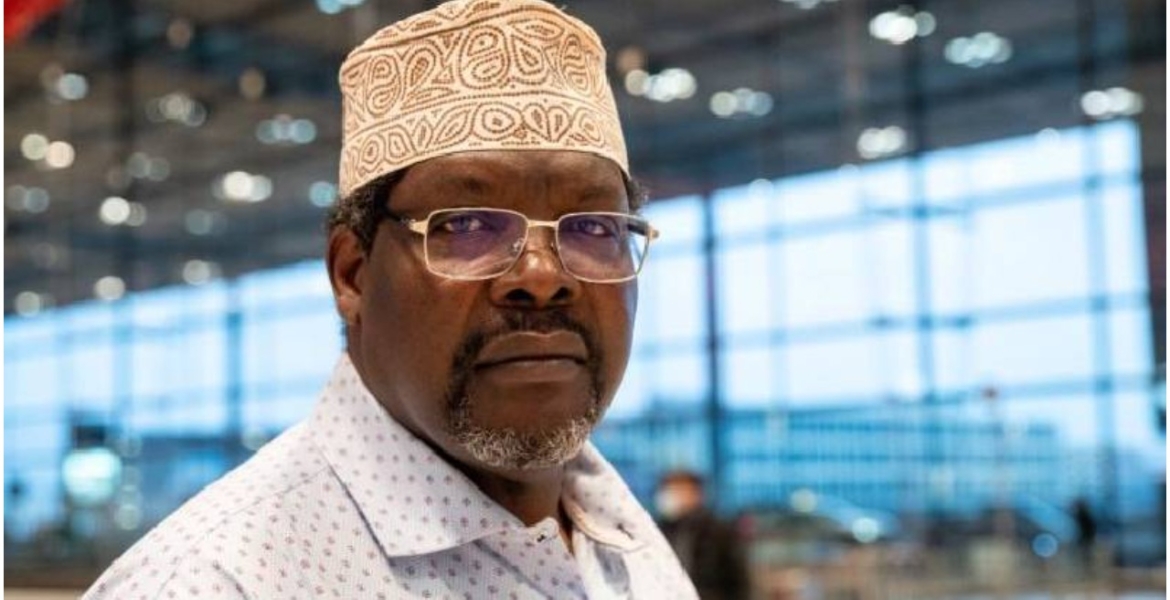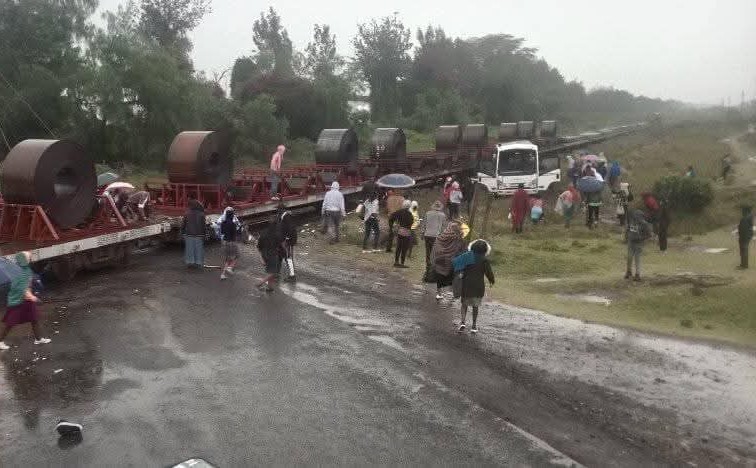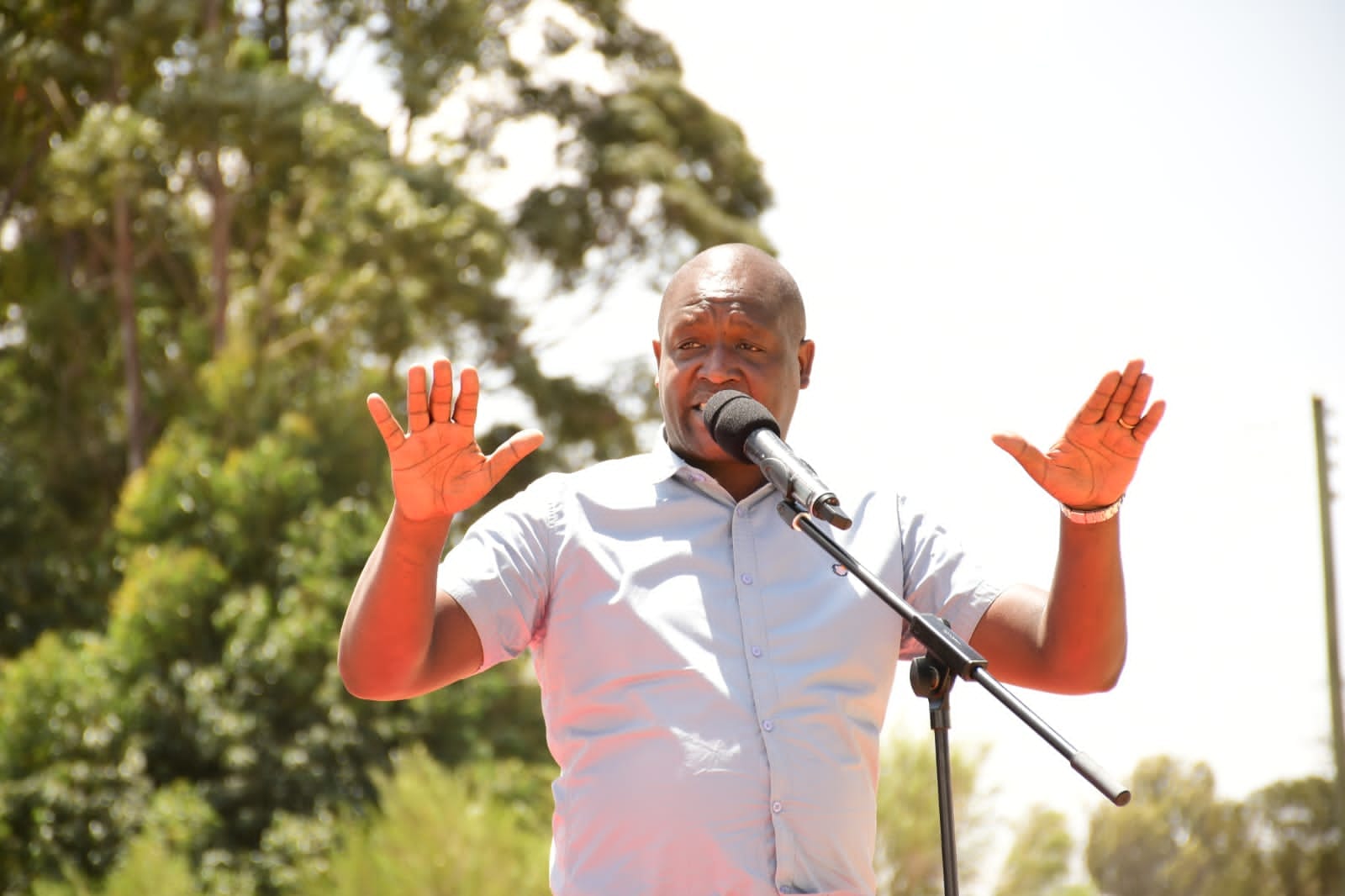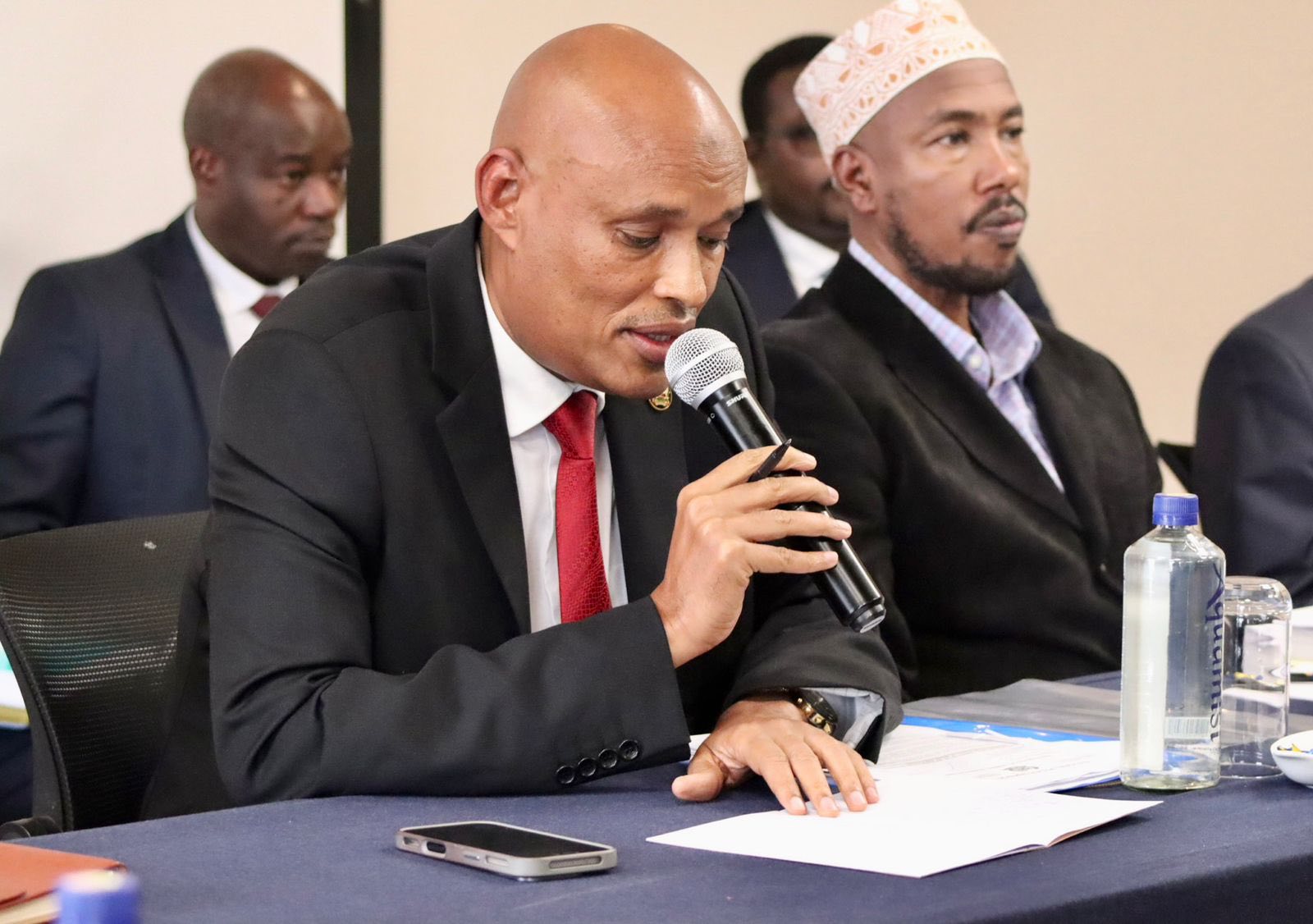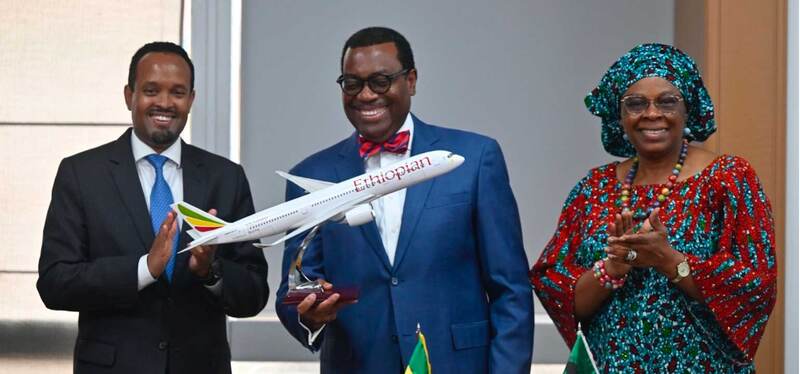Human rights groups demand action on enforced disappearances in Garissa
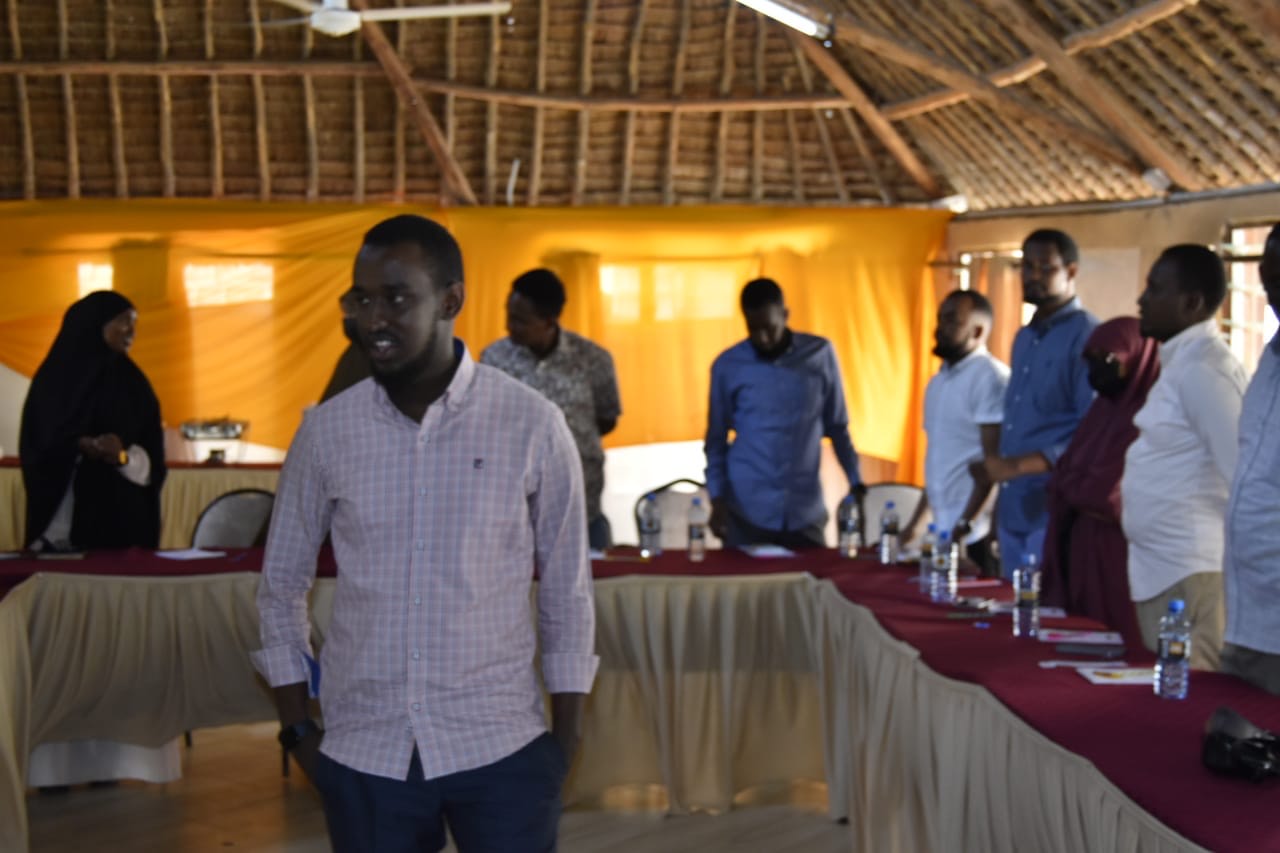
The activists demanded collective action to end the impunity with which state apparatus allegedly violate the rights of victims of enforced disappearances.
Human rights defenders from various organisations in Garissa on Tuesday raised concerns over the government's failure to address cases of enforced disappearances in the region.
Citing instances of four individuals who have been missing for the past four months, they urged the government to take responsibility for addressing these violations of human rights.
More To Read
- MUHURI files complaint over alleged police assault on rights officer
- IPOA report blames police for deaths, injuries and failures in June-July protests
- Court hearing on Ndiang’ui Kinyagia adjourned amid affidavit confusion
- Rex Masai inquest reveals major gaps in police investigation
- Judicial Council condemns police brutality, demands action on protest gangs
- 'Wearing uniform doesn’t justify misconduct or killings', Interior CS Kipchumba Murkomen warns police
They also called for support for the affected families, who continue to endure agony and suffering as they seek answers about their loved ones' whereabouts and the reasons for their abduction.
Led by Abdihakim Shurie, the Garissa County Coordinator for Muslims for Human Rights (MUHURI), the activists demanded collective action to end the impunity with which state apparatus allegedly violate the rights of victims of enforced disappearances.
"Families are in anguish over their missing loved ones, and members of the public are living in fear in circumstances where people are abducted without explanation," Shurie stated.
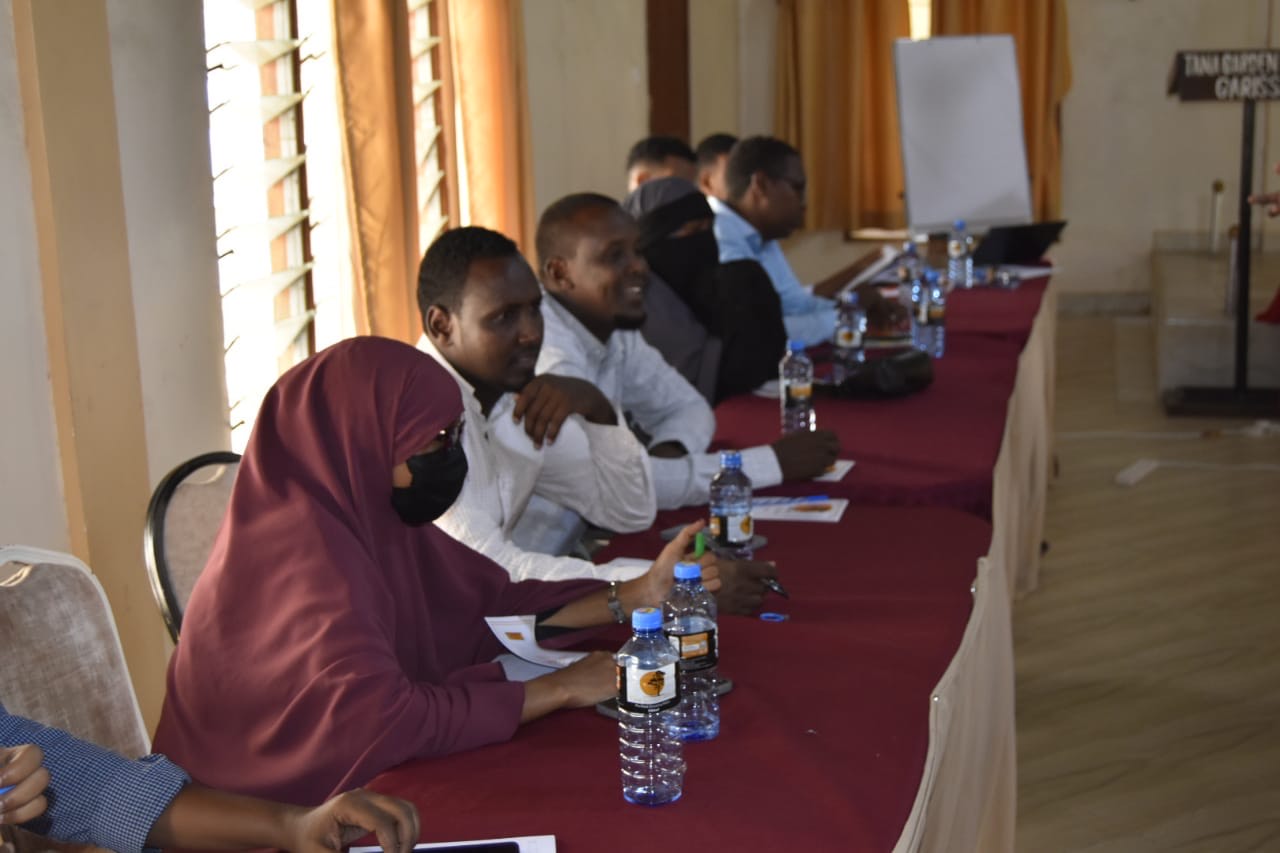 Youth drawn from grassroots level undergoing training in Garissa hotel. (Issa Hussein)
Youth drawn from grassroots level undergoing training in Garissa hotel. (Issa Hussein)
He stressed that the government must take responsibility and stop downplaying the increasing cases of enforced disappearances.
Joined by human rights activists from groups such as Garissa Human Rights Advocacy and Garissa Human Rights Watch, Abdihakim announced a collective resolution to fight against the persistent injustices faced by the local community.
He highlighted cases of missing persons in Garissa, including Mohamed Hussein Ibrahim, Osman Yussuf Gure, Mohamed Buya Shangalow, and Idle Farah. Their families claim they were abducted by suspected security officers in separate incidents over the past three to six months, yet their whereabouts remain unknown.
Abdi Osman of Garissa Human Rights Watch expressed concern over the suffering of the families, who have repeatedly sought answers from the government without receiving any response.
"Families are being treated as though they are non-citizens. There is no feedback from government offices when they seek help, and every security agency feigns innocence," he said.
The activists were speaking at a Garissa hotel, where MUHURI has organised a two-day training session for youth from various parts of the region to address the rising cases of human rights violations.
The training, attended by over 30 young people, aims to equip them to advocate against human rights violations at the grassroots level.
Abdirahman Hassan, one of the trainees, expressed his commitment to standing against enforced disappearances.
"We will mobilise our community members to raise their voices and speak out against injustice. People should not suffer in silence, and fear must not rule us," he said.
Many participants shared how the training had empowered them to advocate against human rights violations, emphasising the importance of grassroots mobilisation in addressing these issues.
Top Stories Today
